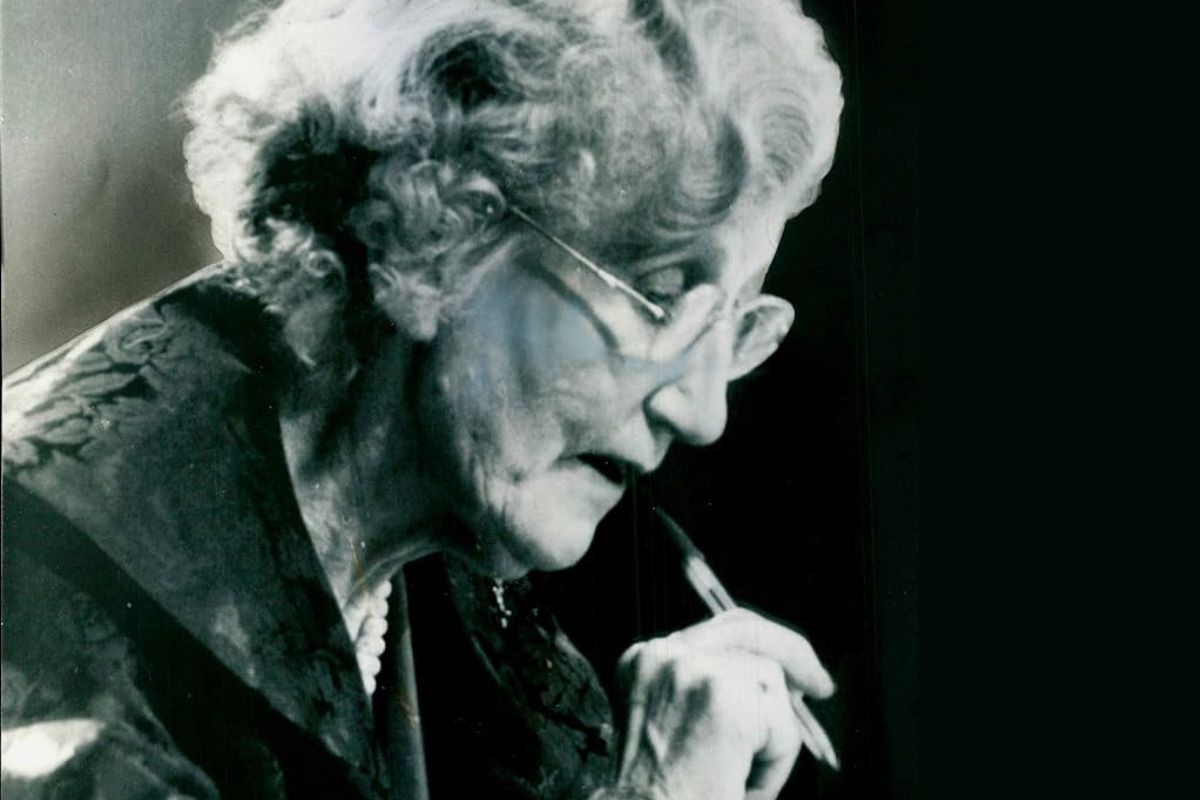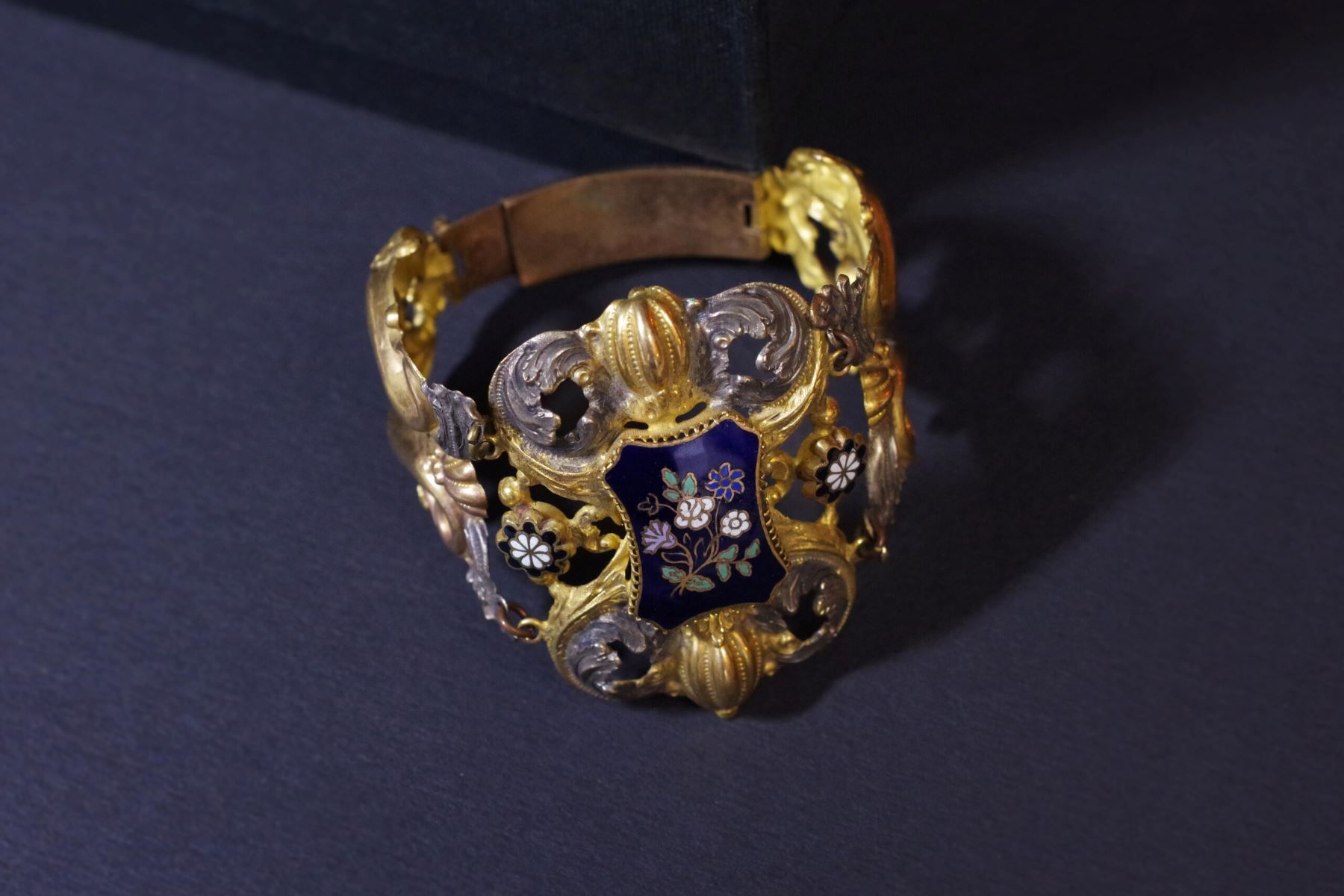
Who was Violet Bonham Carter? Violet Bonham Carter, also known as Baroness Asquith of Yarnbury, was a prominent British politician, orator, and diarist. Born in 1887, she was the daughter of Prime Minister H.H. Asquith and a close friend of Winston Churchill. Her life spanned significant historical events, including both World Wars. Why is she important? She broke barriers for women in politics, becoming the first female president of the Liberal Party. Her speeches and writings offer a unique perspective on early 20th-century British politics. What will you learn? This blog post will share 37 intriguing facts about her life, achievements, and legacy. Get ready to dive into the world of a remarkable woman who left an indelible mark on history.
Key Takeaways:
- Violet Bonham Carter, a prominent figure in British politics and literature, was shaped by her upbringing in a politically charged environment and her early involvement in the women's suffrage movement.
- Her legacy is marked by her dedication to public service, influence on women's rights, and her close relationship with Winston Churchill, which had a significant impact on both their lives.
Early Life and Family Background
Violet Bonham Carter, a prominent figure in British politics and literature, had an intriguing early life and family background. Her upbringing and connections played a significant role in shaping her future.
- Born on April 15, 1887, Violet was the daughter of H. H. Asquith, who served as the Prime Minister of the United Kingdom from 1908 to 1916.
- Her mother, Helen Kelsall Melland, was the daughter of a Manchester physician, adding a touch of medical lineage to her heritage.
- Violet was the eldest of five children, growing up in a politically charged environment that influenced her worldview.
- She was educated at home by governesses, receiving a comprehensive education that included languages, literature, and history.
- Violet's family home, 10 Downing Street, was a hub of political activity, exposing her to influential figures from a young age.
Education and Early Career
Violet's education and early career set the stage for her later achievements. Her intellectual curiosity and drive were evident from the start.
- She attended Somerville College, Oxford, where she studied Modern History, graduating with first-class honors in 1907.
- At Oxford, Violet became involved in the women's suffrage movement, advocating for women's right to vote.
- She was a talented orator, often speaking at public meetings and rallies to support various causes.
- After graduating, Violet worked as a secretary for her father, gaining firsthand experience in political affairs.
- During World War I, she served as a Voluntary Aid Detachment (VAD) nurse, providing medical care to wounded soldiers.
Political Involvement
Violet's political involvement was extensive and impactful. She was a passionate advocate for liberal causes and played a significant role in British politics.
- In 1923, Violet married Maurice Bonham Carter, a prominent Liberal politician and close advisor to her father.
- She became an active member of the Liberal Party, campaigning for social justice, education reform, and women's rights.
- Violet was a close friend and confidante of Winston Churchill, often advising him on political matters.
- She was a vocal critic of fascism and totalitarianism, speaking out against the rise of Hitler and Mussolini in the 1930s.
- During World War II, Violet worked with the Ministry of Information, helping to shape public opinion and boost morale.
Literary Contributions
Violet Bonham Carter was not only a political figure but also a prolific writer. Her literary contributions added another dimension to her legacy.
- She wrote several biographies, including a well-regarded one on her father, H. H. Asquith.
- Violet's memoirs, "Winston Churchill as I Knew Him," provide a unique insight into her relationship with the iconic leader.
- She was a regular contributor to various newspapers and journals, writing on topics ranging from politics to literature.
- Violet's speeches and writings were known for their eloquence and persuasive power, earning her a reputation as a skilled communicator.
- She was a member of the Royal Society of Literature, recognizing her contributions to the literary world.
Personal Life and Legacy
Violet's personal life and legacy are marked by her dedication to public service and her influence on future generations.
- She had four children, including Mark Bonham Carter, who followed in her footsteps and became a prominent Liberal politician.
- Violet was a devoted grandmother to actress Helena Bonham Carter, who has often spoken about her admiration for her grandmother's achievements.
- She was known for her wit, charm, and intelligence, making her a beloved figure in both political and social circles.
- Violet received numerous honors throughout her life, including being made a Dame Commander of the Order of the British Empire (DBE) in 1964.
- She passed away on February 19, 1969, leaving behind a legacy of political activism, literary contributions, and a commitment to social justice.
Influence on Women's Rights
Violet Bonham Carter was a staunch advocate for women's rights, using her platform to push for gender equality.
- She was a founding member of the Women's Liberal Federation, which aimed to promote women's involvement in politics.
- Violet campaigned tirelessly for the Representation of the People Act 1918, which granted women over 30 the right to vote.
- She continued to fight for equal voting rights until the Equal Franchise Act of 1928, which gave women the same voting rights as men.
- Violet supported women's education, believing that access to knowledge was crucial for achieving gender equality.
- She mentored many young women, encouraging them to pursue careers in politics and public service.
Relationship with Winston Churchill
Violet's relationship with Winston Churchill was one of mutual respect and influence. Their friendship had a significant impact on both their lives.
- She first met Churchill in 1906, and they quickly formed a close bond.
- Violet often provided Churchill with political advice, particularly during his wilderness years in the 1930s.
- She supported Churchill's stance against appeasement, sharing his concerns about the threat posed by Nazi Germany.
- During World War II, Violet's speeches and writings helped bolster public support for Churchill's leadership.
- After the war, she continued to support Churchill, even as their political paths diverged.
Final Years and Recognition
In her final years, Violet Bonham Carter continued to be an influential figure, receiving recognition for her lifelong contributions.
- She was appointed to the House of Lords in 1964, becoming Baroness Asquith of Yarnbury.
- Violet's legacy lives on through her writings, speeches, and the impact she had on British politics and society.
Violet Bonham Carter's Legacy
Violet Bonham Carter left an indelible mark on British politics and literature. Her sharp intellect and eloquence made her a respected figure in the Liberal Party. As a close friend of Winston Churchill, she offered invaluable support during critical moments in history. Her speeches and writings continue to inspire those passionate about political activism and social justice.
Beyond politics, Violet's literary contributions, including her memoirs and biographies, provide a rich insight into the early 20th century. Her legacy lives on through her descendants, including her granddaughter, actress Helena Bonham Carter, who carries forward the family's artistic and intellectual tradition.
Violet's life reminds us of the power of words and the importance of standing up for one's beliefs. Her story is a testament to the impact one individual can have on society, making her a figure worth remembering.
Frequently Asked Questions
Was this page helpful?
Our commitment to delivering trustworthy and engaging content is at the heart of what we do. Each fact on our site is contributed by real users like you, bringing a wealth of diverse insights and information. To ensure the highest standards of accuracy and reliability, our dedicated editors meticulously review each submission. This process guarantees that the facts we share are not only fascinating but also credible. Trust in our commitment to quality and authenticity as you explore and learn with us.


